Keywords: World Political Authority
-

ARTS AND CULTURE
- Eddie Hampson
- 20 November 2024
1 Comment
Ridley Scott’s Gladiator II promises grandeur. Paul Mescal dazzles, Denzel Washington commands, and sharks make their sword-and-sandals debut. But spectacle overshadows story in a sequel that’s more baffling than breathtaking. Are we entertained? Sort of.
READ MORE
-
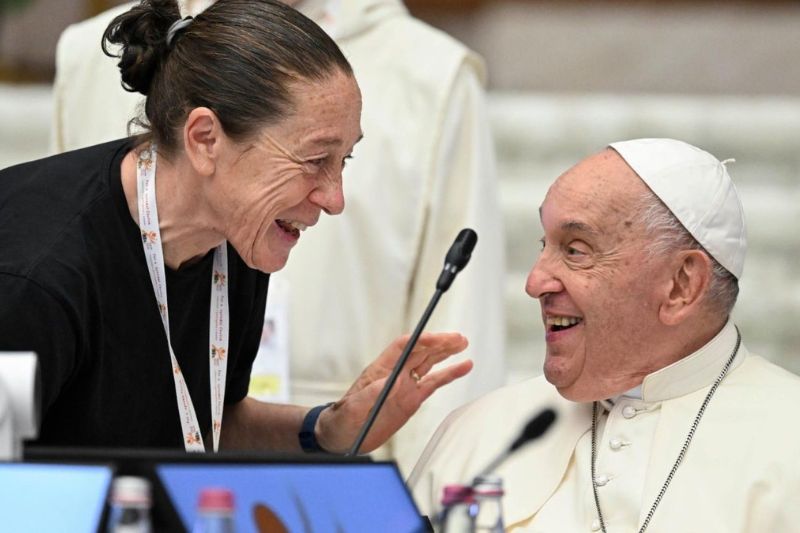
RELIGION
- Bruce Duncan
- 14 November 2024
14 Comments
The Synod is possibly the most important event in the Catholic Church since the Second Vatican Council. And despite its focus on internal Church reform and participation, can it effectively address broader social and moral issues in the world while still promoting a more inclusive and accountable Church?
READ MORE
-
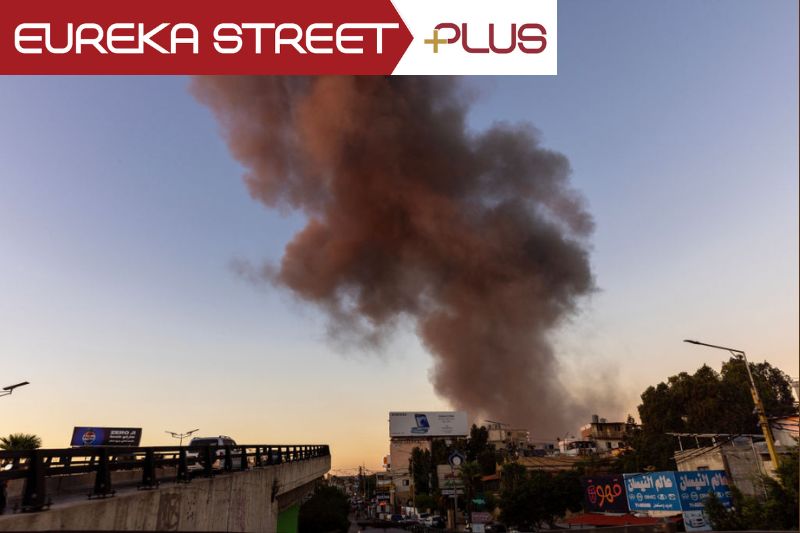
INTERNATIONAL
- Ken Haley, David Halliday
- 31 October 2024
1 Comment
In the most bitter of election seasons in America, thousands of votes will be won and lost by seeking to protect the civil rights of Israelis and Palestinians alike, although any kind of lasting peace will require greater effort than any U.S. political party has yet devoted to it.
READ MORE 
-

INTERNATIONAL
- Melody Kemp
- 04 October 2024
2 Comments
By the time the last American bombs had fallen in 1973, Laos had attained the dubious title as the most heavily bombed country in the world per capita. An estimated 270 million bombs were dropped on this small country, 80 million of which remain unexploded.
READ MORE 
-
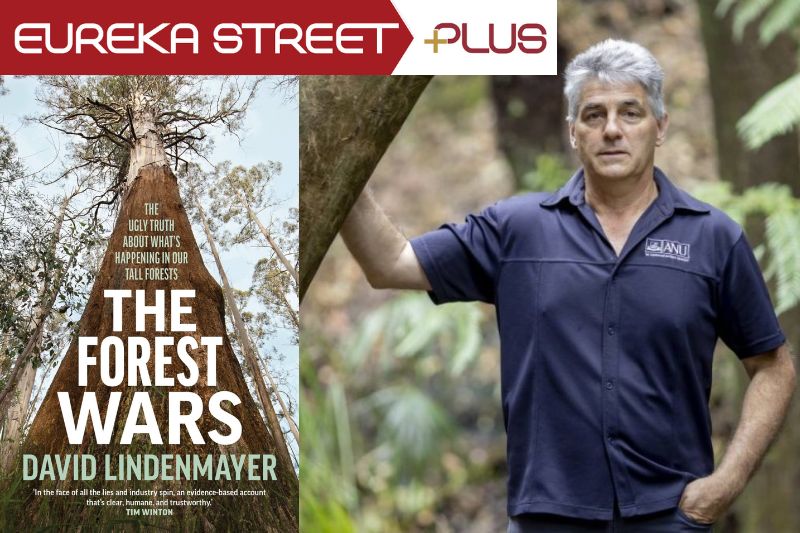
ENVIRONMENT
- Tony Smith
- 04 October 2024
The Forest Wars reveals how vested interests make life difficult for the scientists and activists who attempt to defend the environment, a war waged through deforestation on one hand and deception and obfuscation on the other. Linenmayer asks: if we continue to allow vested interests to drive deforestation, how long before the forests — and the future they promise — are lost beyond repair?
READ MORE 
-

ARTS AND CULTURE
- Juliette Hughes
- 12 September 2024
4 Comments
Slow Horses is one of those dramas that are even better than the books they’re based on. The TV series is blessed by having Gary Oldman as Jackson Lamb, the grisly spy-genius with a preternatural instinct for sniffing out hidden agendas.
READ MORE
-

RELIGION
- John Warhurst
- 03 September 2024
8 Comments
Lay-led organizations, once marginalised, are now ascendant in the Church, challenging traditional hierarchies and redefining what church might look like in future. Ministerial Public Juridic Persons (MPJPs) have a growing influence, and for some, hold the potential for a more inclusive, lay-led Church.
READ MORE
-
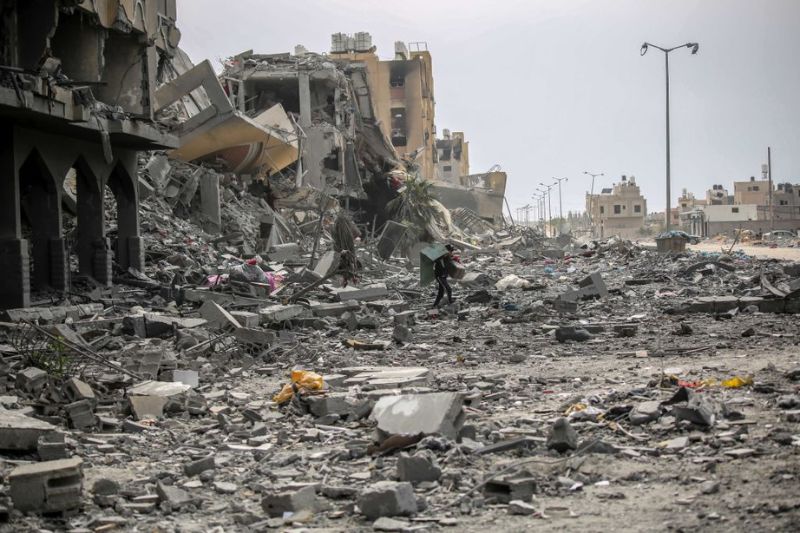
INTERNATIONAL
- Daniel Nellor
- 27 August 2024
8 Comments
Amidst the conflict in Gaza, can ancient moral frameworks guide modern warfare? Nigel Biggar's recent analysis invokes 'Just War Theory', sparking debate on the ethics of Israel's response to Hamas. As casualties rise, questions of proportionality and 'just cause' take on a new significance, challenging leaders and citizens alike to navigate the fraught intersection of security, morality, and human dignity.
READ MORE
-
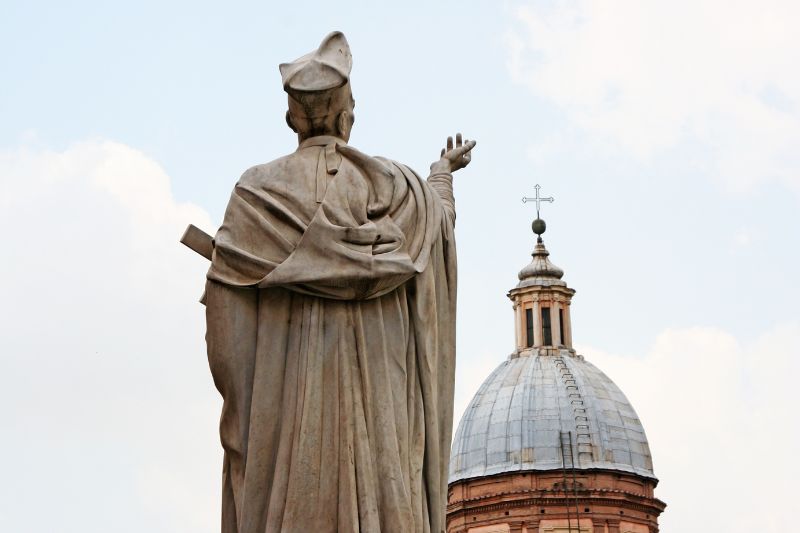
RELIGION
The recent Vatican instruction terminating the celebration of the Tridentine Mass in St Patrick’s Cathedral is a prime example of Vatican officialdom overriding local episcopal authority. Let us hope that in a more decentralized Church some traditional obstacles to ecumenism may be removed without respective ecclesiastical loss of face on the part of the contributing Churches.
READ MORE
-

AUSTRALIA
- Kerry Murphy
- 05 July 2024
There is no doubt that laws for determining refugee status and onshore protection are complex. The cases of NZYQ and ASF17 demonstrate that when laws regarding asylum and protection intersect with laws regarding character and protection of the community, the results can be extremely messy.
READ MORE 
-

AUSTRALIA
For decades, unchecked corporate power and policy failures have driven up Australia's cost of living, leaving many Australians struggling. As corporate interests dominate, CEO pay increases dramatically while wages stagnate, and inflation rises. This influence of corporate Australia has eroded economic safeguards, dismantling the guardrails that once protected the common good.
READ MORE
-
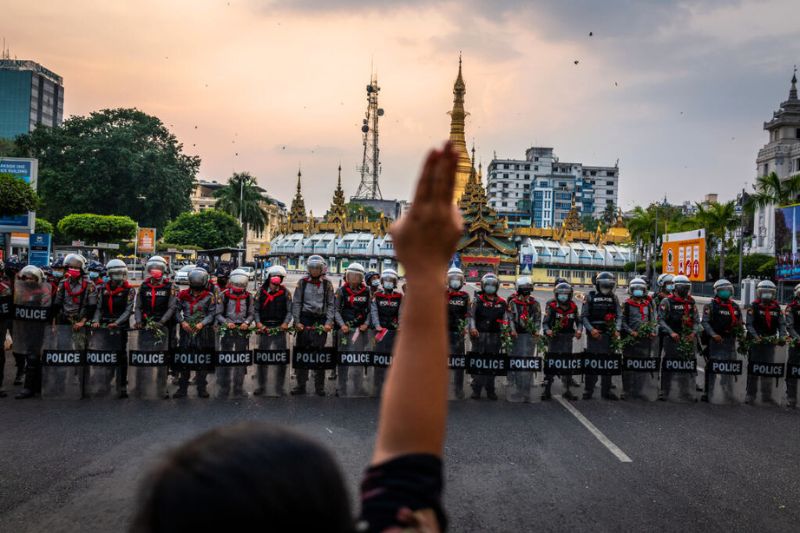
INTERNATIONAL
The Myanmar civil war has left the country devastated. Three years since a military coup, Myanmar is a humanitarian catastrophe. With over 2.7 million people displaced, the UN reported that 18.6 million people need humanitarian aid, 6 million of whom are children. A report from our correspondent in Myanmar.
READ MORE